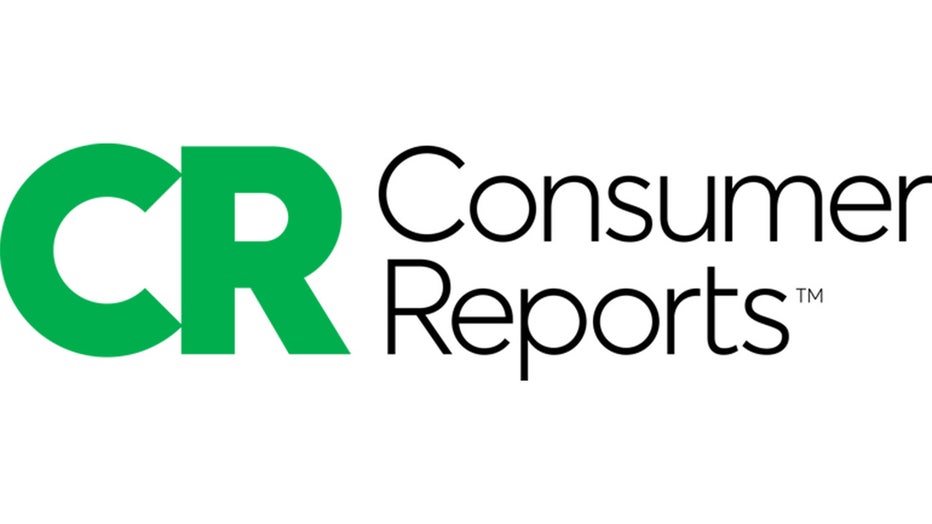Concerns over rocket fuel in our food
Rocket fuel and mac and cheese might have more in common than you ever imagined—so much so that you might be eating them!
A new Consumer Reports investigation reveals a harsh chemical more commonly used by rockets, missiles, and explosives is making surprise appearances at your family’s dinner table, with potentially dangerous health consequences.
It’s hardly a household name, but Perchlorate is a chemical that helps rockets reach for the stars and, alarmingly, also our dinner plates.

Perchlorate can enter our food system through contaminated water used in crop irrigation, plastics used in food storage.
How serious is the problem? Consumer Reports recent tests found perchlorate in two-thirds of food samples, with the highest levels in baby and kids food, fast food, and fresh produce – such as boxed mac and cheese and baby rice cereal, and even in some seemingly healthier options like cucumbers and baby carrots.

While no single serving exceeded safety limits, multiple servings throughout the day could add up to concerning levels, especially for kids.
CR is concerned because perchlorate can disrupt thyroid function, potentially affecting metabolism in adults and brain development in fetuses and young children.

CR reached out to several food companies, including major baby food manufacturers, about these findings.
None have provided comments so far on whether they're aware of and taking steps to minimize it in their products.
And if you’re wondering if scientists only just discovered that perchlorate is a problem in water and food, think again. It’s been a known contaminant for years.
Despite being aware of this issue for decades, federal regulators have been slow to act.

The EPA is now under court order to propose limits on perchlorate in drinking water by November 2025.
So what can you do now to improve the safety of the food you feed your family?
Parents should be aware of these findings but not panic. The best approach is to feed children a varied diet of healthy foods to minimize potential risks from any single source.
Also, getting adequate iodine intake can help offset perchlorate’s effects. Foods like whole-wheat bread, seafood, dairy products, and eggs help you get your daily dosage of iodine without the extra sodium from iodized salt.
Perchlorate can also contaminate drinking water. Consumer Reports suggests checking your water report or having your water tested and adding a reverse-osmosis water filter if appropriate.

All Consumer Reports material Copyright 2024 Consumer Reports, Inc. ALL RIGHTS RESERVED. Consumer Reports is a not-for-profit organization which accepts no advertising. It has no commercial relationship with any advertiser or sponsor on this site. Fo

